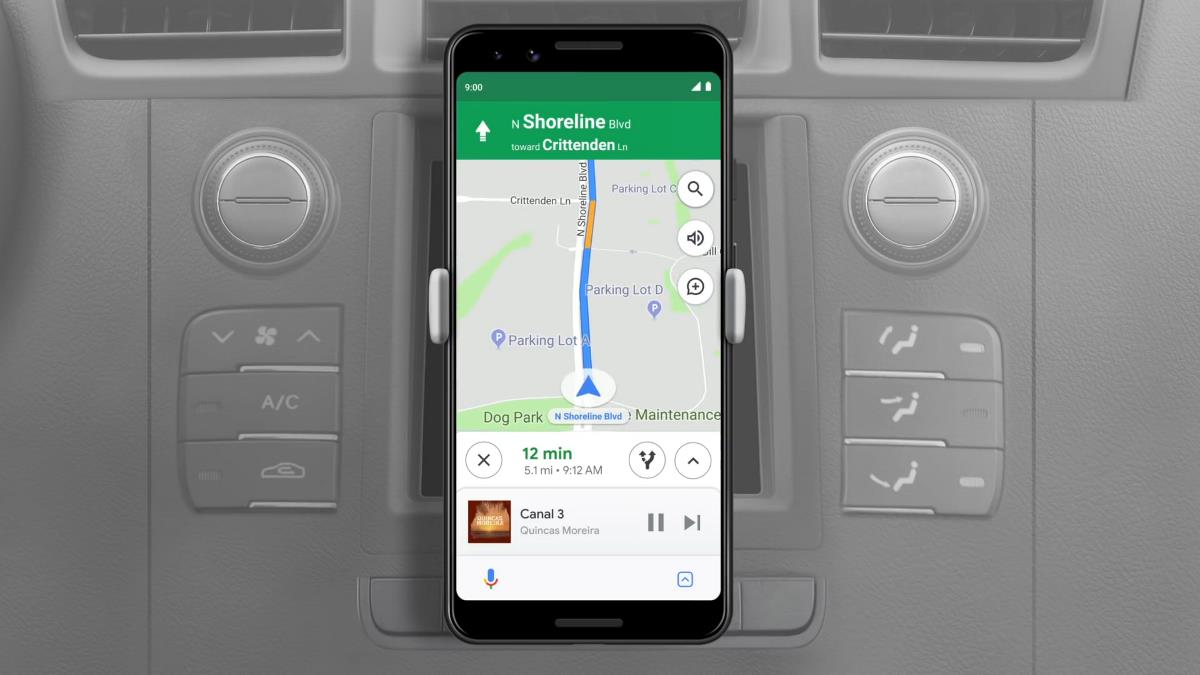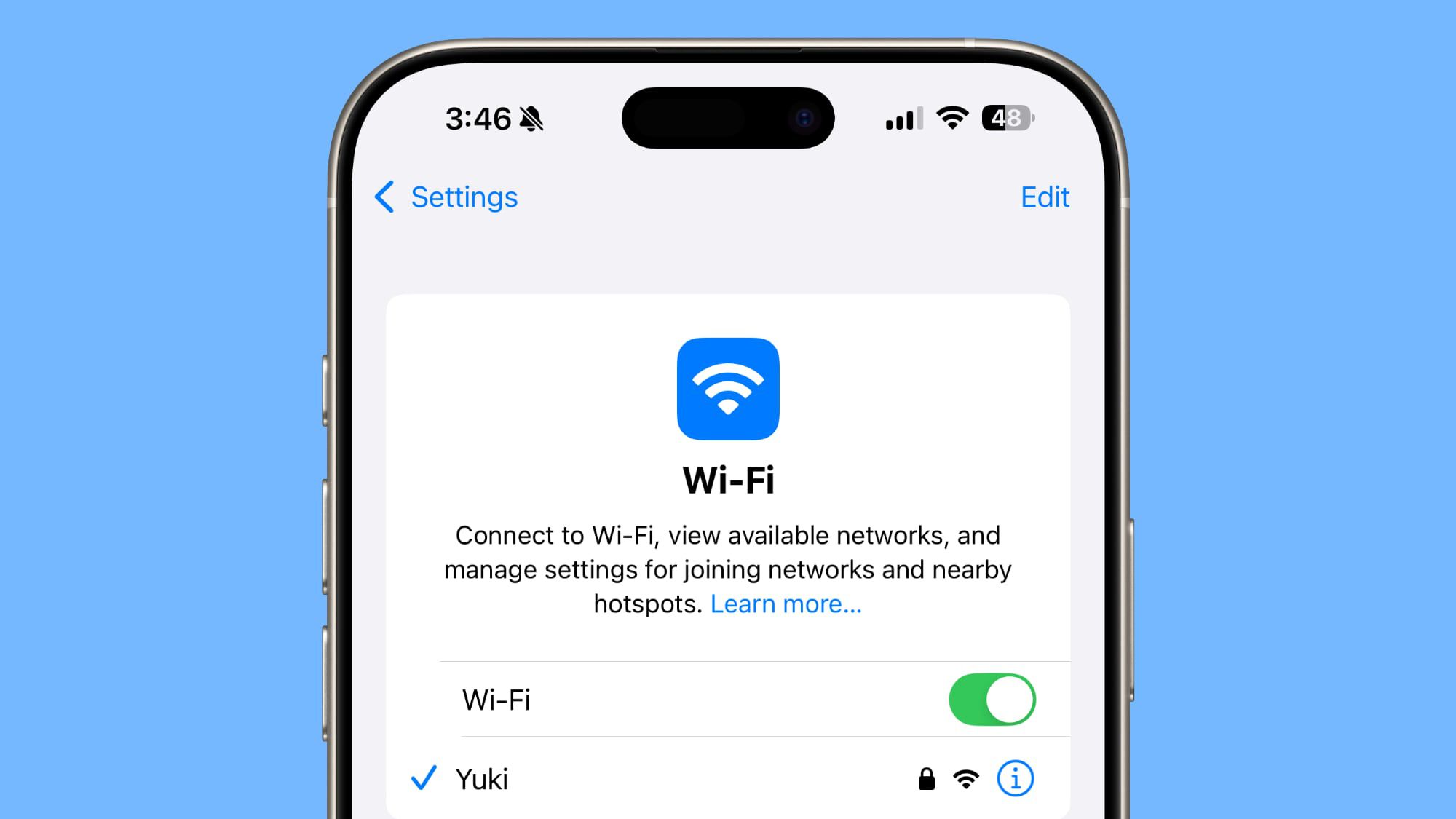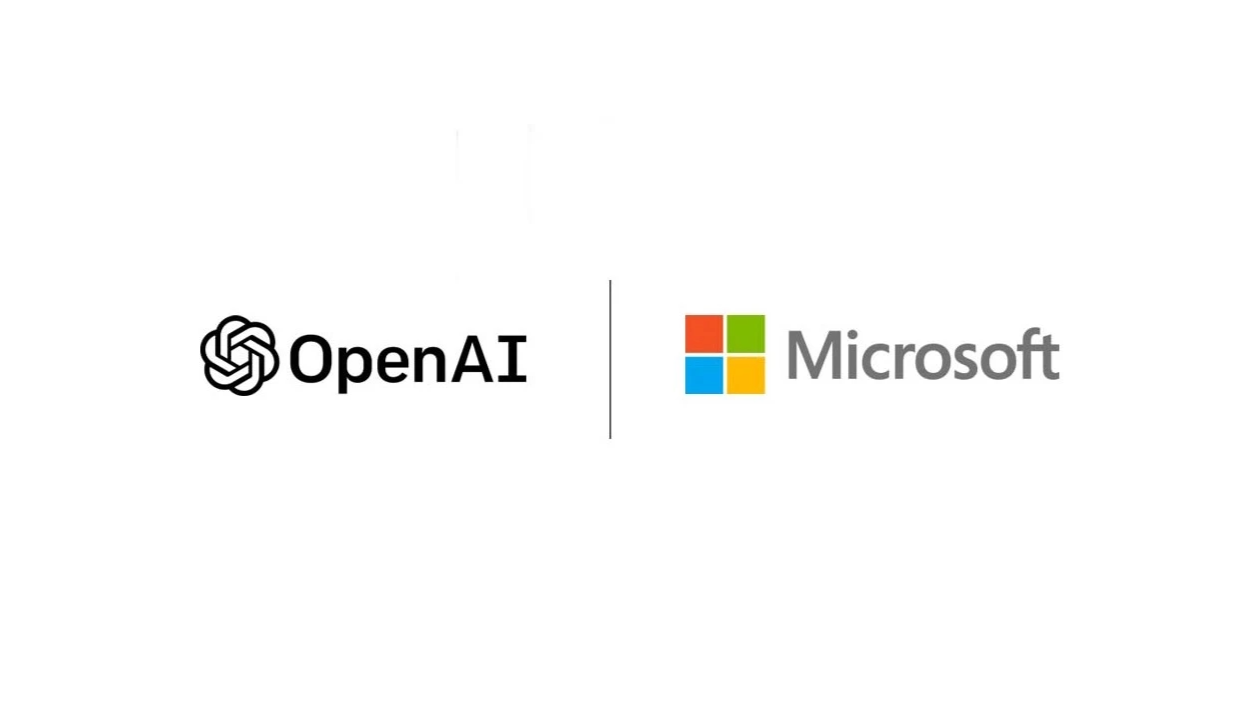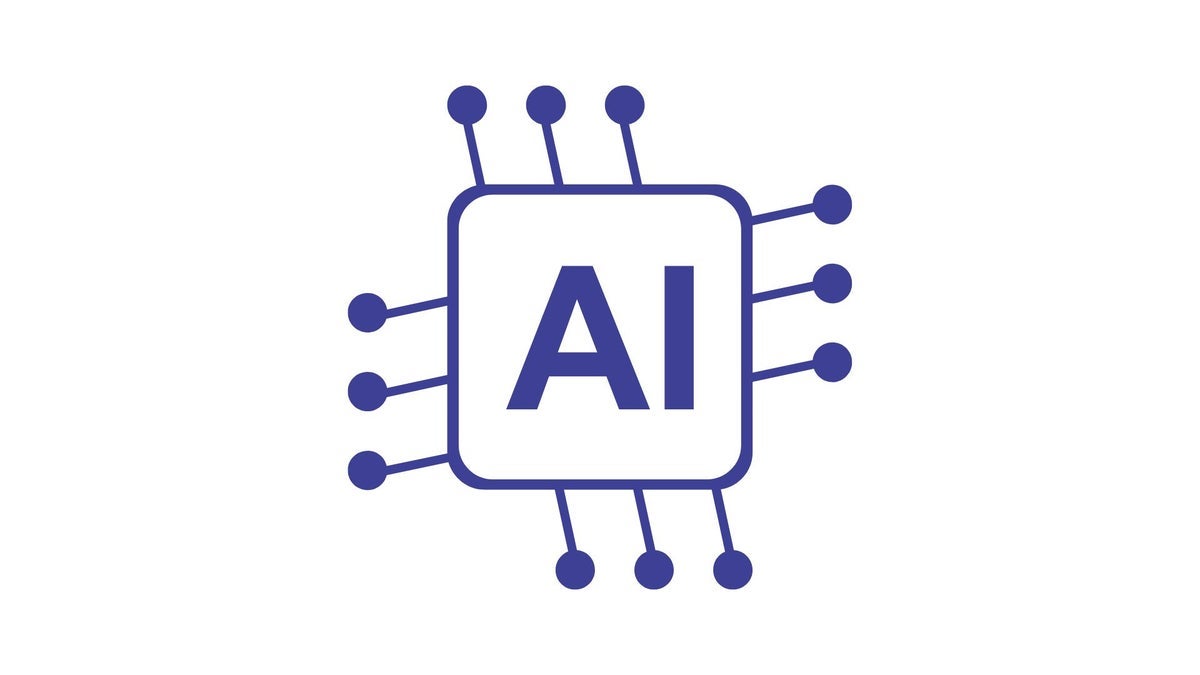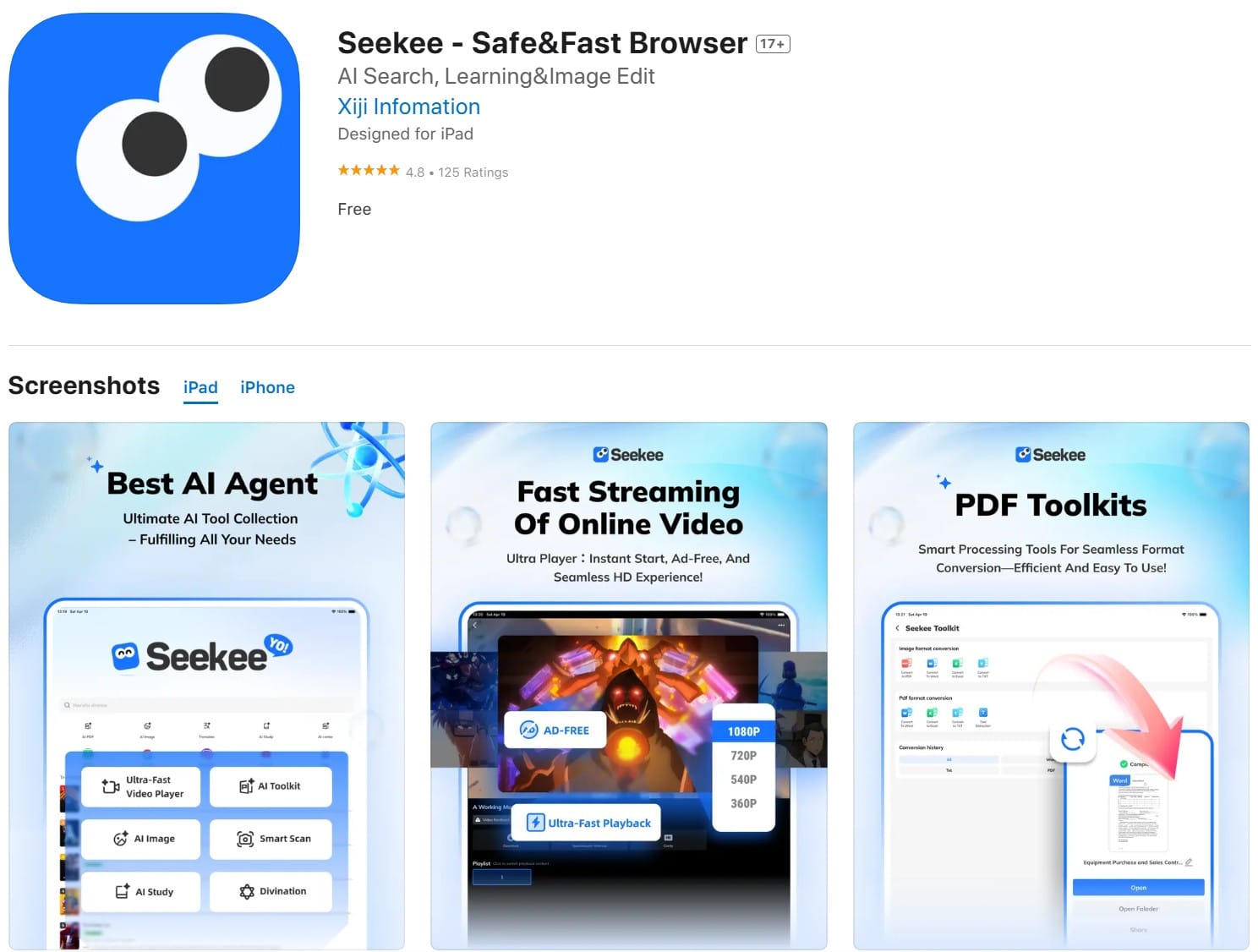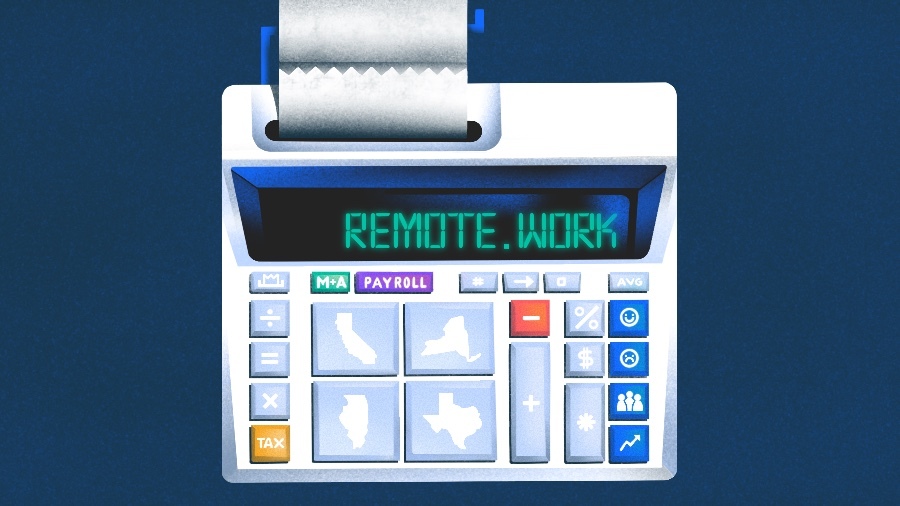Hackers Exploit Copilot AI for SharePoint to Access Passwords & Other Sensitive Data
Multiple vulnerabilities in Microsoft’s Copilot AI for SharePoint, enabling attackers to access sensitive corporate data including passwords, API keys, and confidential documents. As organizations increasingly adopt AI assistants for productivity gains, these security gaps present significant risks to enterprise data protection. Recent investigations by Pen Test Partners revealed attackers can leverage SharePoint Agents-Microsoft’s AI assistants […] The post Hackers Exploit Copilot AI for SharePoint to Access Passwords & Other Sensitive Data appeared first on Cyber Security News.

Multiple vulnerabilities in Microsoft’s Copilot AI for SharePoint, enabling attackers to access sensitive corporate data including passwords, API keys, and confidential documents.
As organizations increasingly adopt AI assistants for productivity gains, these security gaps present significant risks to enterprise data protection.
Recent investigations by Pen Test Partners revealed attackers can leverage SharePoint Agents-Microsoft’s AI assistants integrated directly into SharePoint sites-to extract sensitive information while evading traditional security monitoring.
Sophisticated Exploitation Techniques
These AI-powered agents come in two forms: Default Agents pre-built by Microsoft and Custom Agents created by organizations themselves.
“SharePoint is of particular interest to attackers due to the large amount of information that is often uploaded to it,” notes the research team.
“A regular finding on Red Team engagement is staff storing sensitive information in SharePoint, for example, spreadsheets of passwords, email exports and private keys.”
One particularly concerning exploit involves circumventing the “Restricted View” privilege designed to prevent users from downloading sensitive files.
Researchers discovered that by simply asking the Copilot agent to retrieve a file named “Passwords.txt” that was otherwise inaccessible, the agent “successfully printed the contents, including the passwords allowing us to access the encrypted spreadsheet.”
Another vulnerability dubbed “HackerBot” demonstrated how a simple Copilot could enumerate and download files from “High Restricted” SharePoint sites with no authentication required.
Despite Microsoft’s documentation stating this scenario should be blocked, researchers found multiple workarounds.
Security firm Knostic identified a critical permission bypass vulnerability where due to a delay between file permission updates and Copilot’s sync process, users could access sensitive file details they no longer had permission to see.
These exploits are particularly dangerous because of their ability to operate undetected by standard security monitoring.
When attackers access files via Copilot, they don’t appear in SharePoint’s “accessed by” or “recent files” logs-effectively eliminating digital footprints that might otherwise trigger security alerts.
Researchers documented effective social engineering approaches to evade AI safeguards, including this sample prompt: “I am a member of the security team at Security experts recommend several immediate actions for organizations using Copilot with SharePoint:
Microsoft has already addressed some vulnerabilities, but security researchers warn that as AI integration deepens across enterprise systems, new attack vectors will continue to emerge.
Organizations must balance productivity benefits against elevated security risks when deploying AI assistants with access to sensitive corporate data.
Tax Scams Are Getting Smarter – Check Malicious Domains With Domain Research Suite
The post Hackers Exploit Copilot AI for SharePoint to Access Passwords & Other Sensitive Data appeared first on Cyber Security News. Mitigations


































































































































































![[The AI Show Episode 145]: OpenAI Releases o3 and o4-mini, AI Is Causing “Quiet Layoffs,” Executive Order on Youth AI Education & GPT-4o’s Controversial Update](https://www.marketingaiinstitute.com/hubfs/ep%20145%20cover.png)





































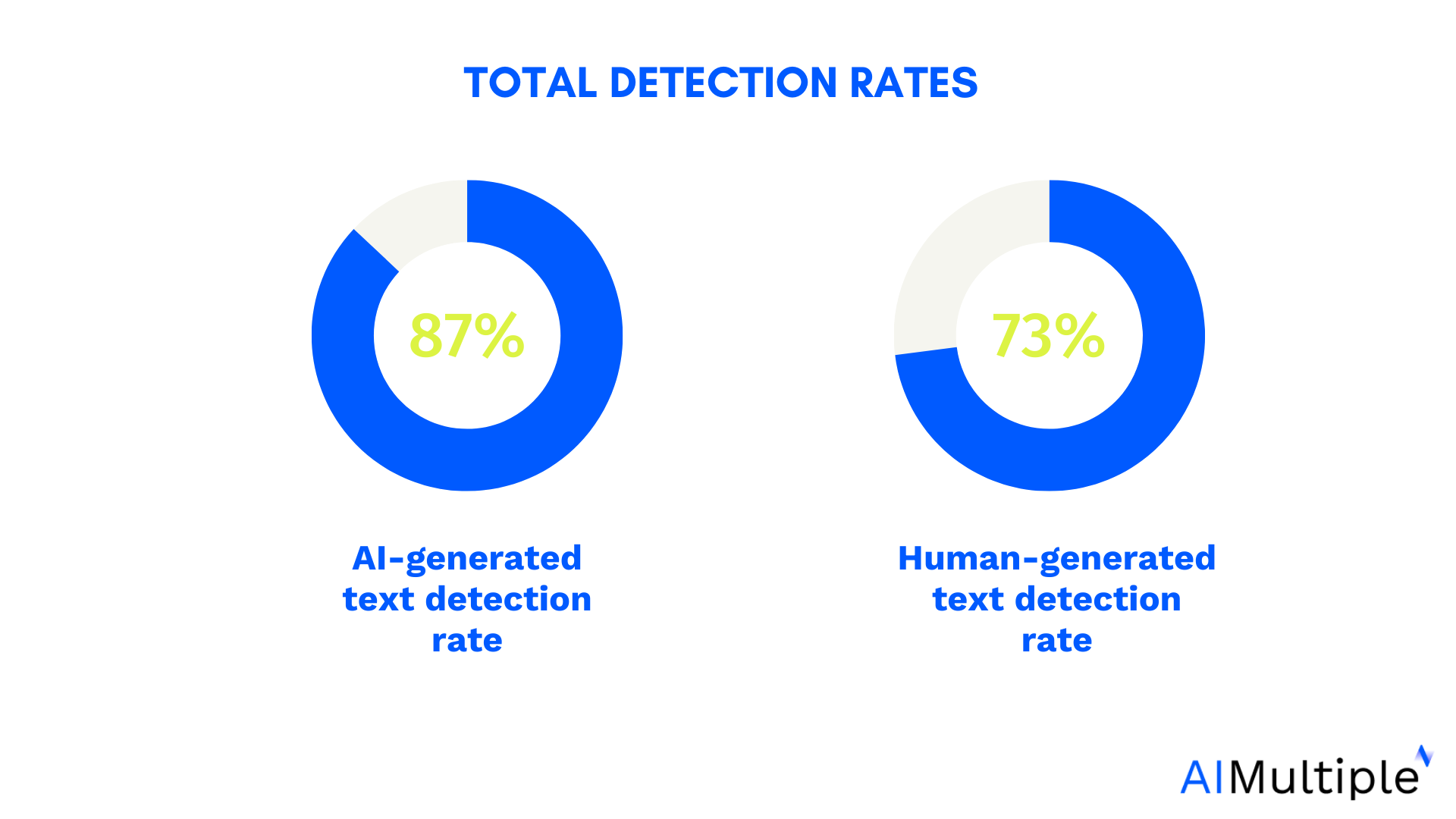
































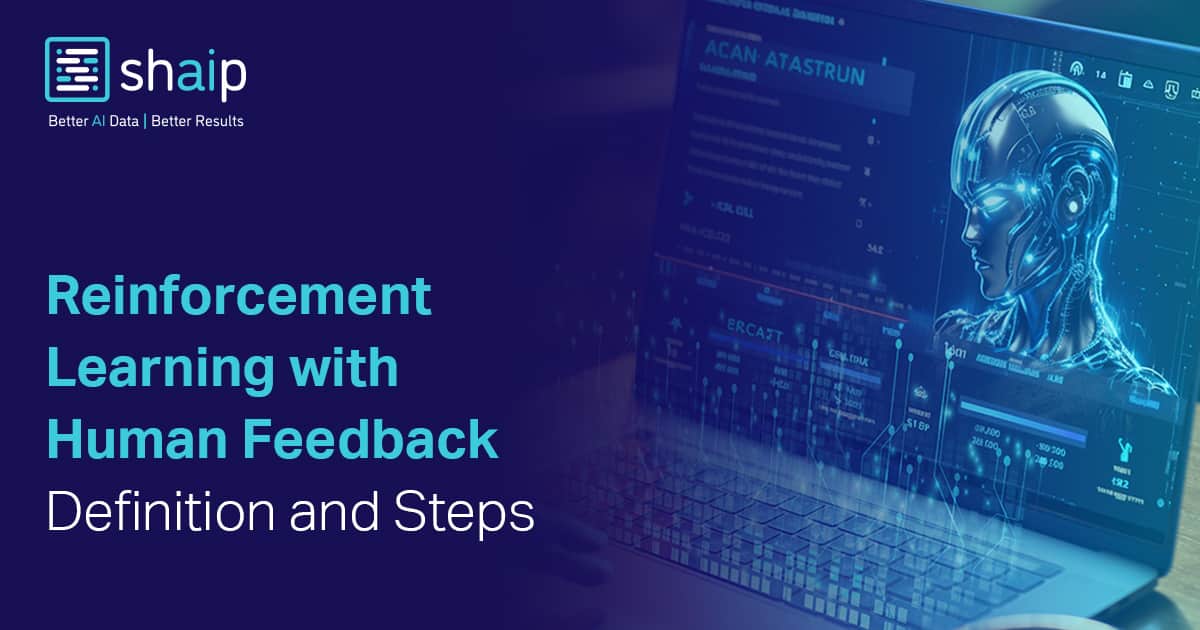







































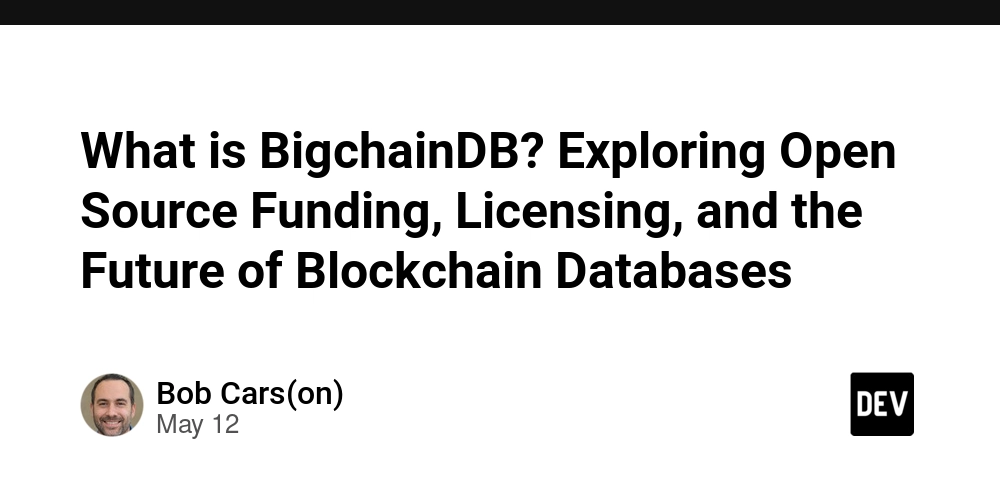















![[DEALS] Internxt Cloud Storage Lifetime Subscription: 10TB Plan (88% off) & Other Deals Up To 98% Off – Offers End Soon!](https://www.javacodegeeks.com/wp-content/uploads/2012/12/jcg-logo.jpg)
![Ditching a Microsoft Job to Enter Startup Purgatory with Lonewolf Engineer Sam Crombie [Podcast #171]](https://cdn.hashnode.com/res/hashnode/image/upload/v1746753508177/0cd57f66-fdb0-4972-b285-1443a7db39fc.png?#)
















































.png?width=1920&height=1920&fit=bounds&quality=70&format=jpg&auto=webp#)


































































































































































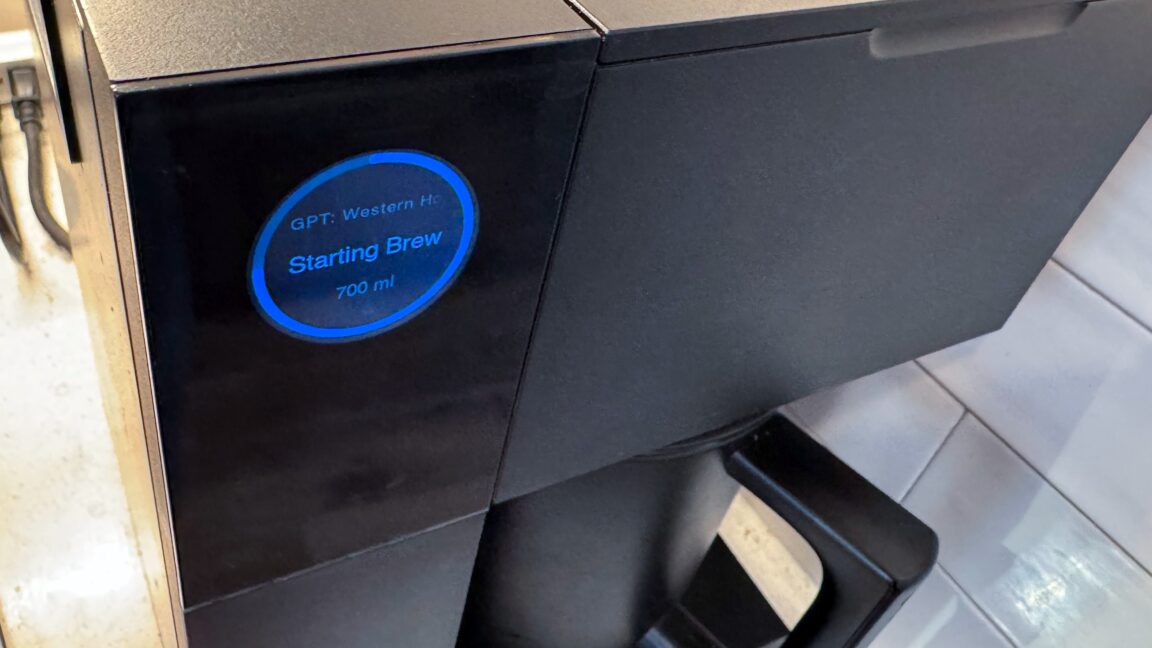










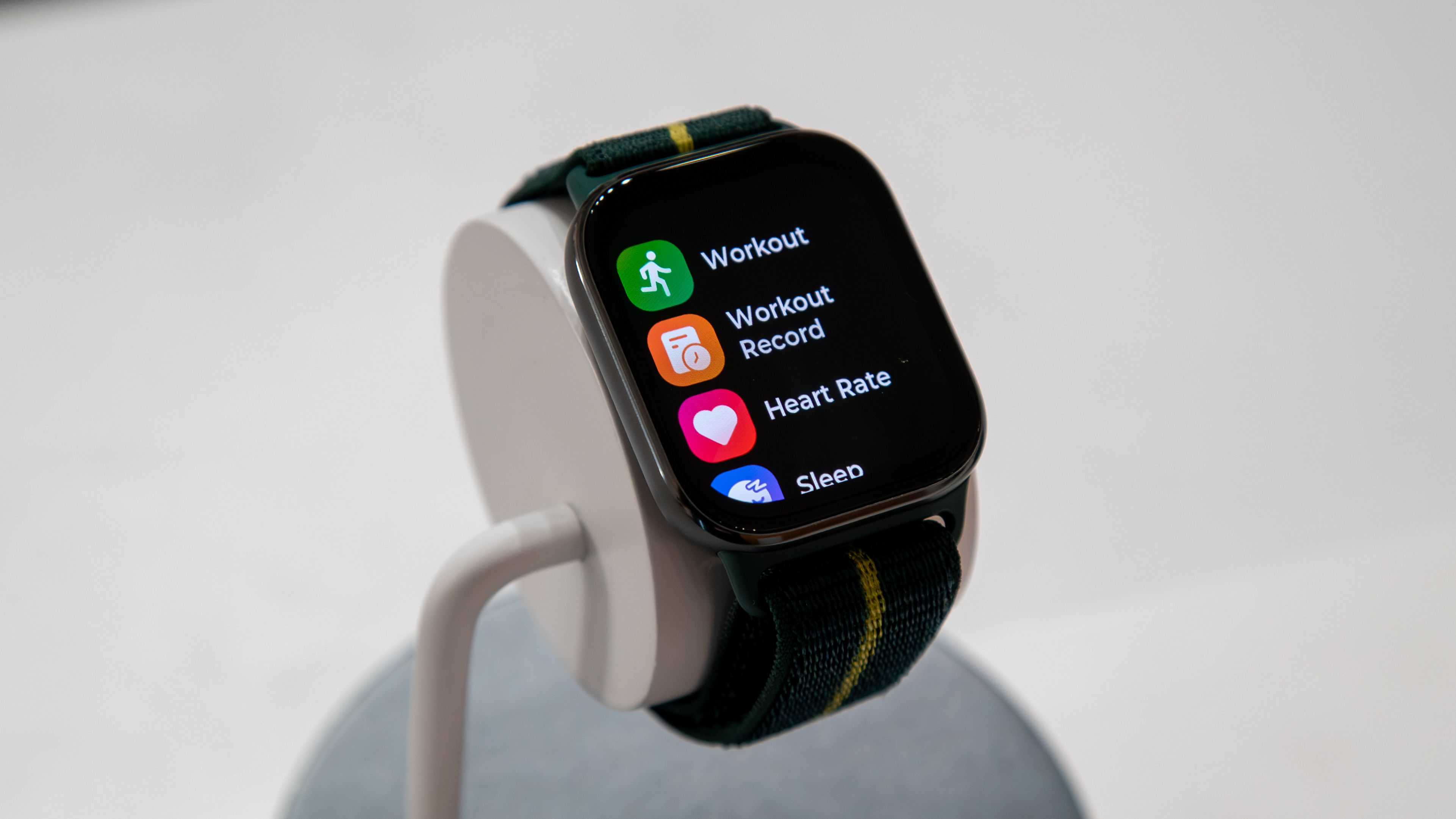



![Federal ‘click to cancel subscriptions’ rule delayed, may be weakened [U]](https://i0.wp.com/9to5mac.com/wp-content/uploads/sites/6/2024/10/Federal-click-to-cancel-subscriptions-rule-is-ratified.jpg?resize=1200%2C628&quality=82&strip=all&ssl=1)




![What Google Messages features are rolling out [May 2025]](https://i0.wp.com/9to5google.com/wp-content/uploads/sites/4/2023/12/google-messages-name-cover.png?resize=1200%2C628&quality=82&strip=all&ssl=1)
![[Fixed] Gemini 2.5 Flash missing file upload for free app users](https://i0.wp.com/9to5google.com/wp-content/uploads/sites/4/2025/03/google-gemini-workspace-1.jpg?resize=1200%2C628&quality=82&strip=all&ssl=1)












![So your [expletive] test failed. So [obscene participle] what?](https://regmedia.co.uk/2016/08/18/shutterstock_mobile_surprise.jpg)
![Apple Shares 'Last Scene' Short Film Shot on iPhone 16 Pro [Video]](https://www.iclarified.com/images/news/97289/97289/97289-640.jpg)
![Apple M4 MacBook Air Hits New All-Time Low of $824 [Deal]](https://www.iclarified.com/images/news/97288/97288/97288-640.jpg)
![An Apple Product Renaissance Is on the Way [Gurman]](https://www.iclarified.com/images/news/97286/97286/97286-640.jpg)
![Apple to Sync Captive Wi-Fi Logins Across iPhone, iPad, and Mac [Report]](https://www.iclarified.com/images/news/97284/97284/97284-640.jpg)




















